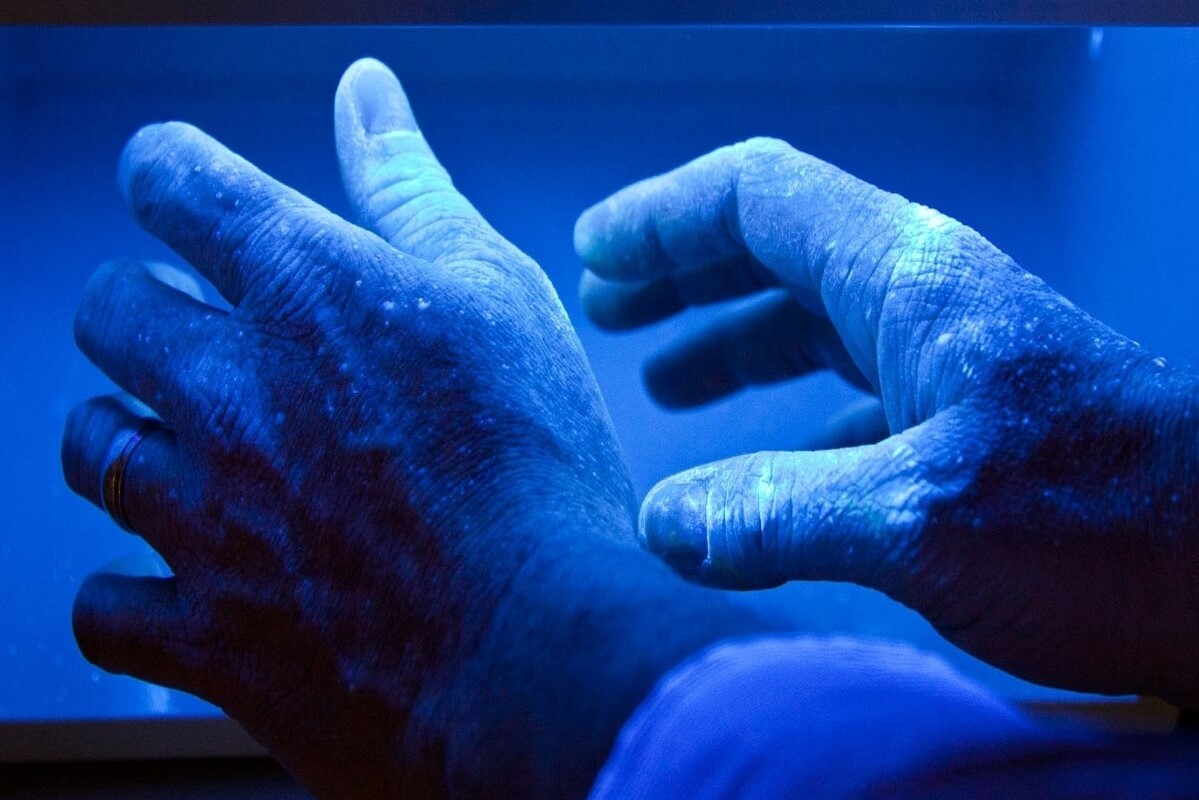
Psoriasis, a disease that affects the mind as well as the skin
Psoriasis is an inflammatory skin disease that is still socially disabling despite the availability of drugs that can improve its severity and consequently the sufferer’s lifestyle
And it is still burdened by the prejudice that it is a contagious disease.
Despite the fact that a number of drugs are now available that can improve its severity and consequently the patient’s lifestyle, psoriasis remains a socially disabling disease in many cases.
Both in terms of the aesthetic aspect that affects the social-emotional life of those affected by this disease, and in terms of the sometimes very rebellious symptoms that are difficult to manage with local therapy, which for many patients is in the long run a real scourge in their daily routine.
Psoriasis is a chronic inflammatory disease that manifests itself with patches on the skin with an erythematous-desquamative appearance, sometimes very itchy.
Predisposing genetics is the necessary condition for developing it, combined however with catenogenic environmental factors, including trauma, surgery, infectious diseases, drugs, alcohol and smoking.
Which areas of the body are most affected by psoriasis?
The sites classically affected by psoriasis vulgaris are the scalp, elbows and knees, and the sacro-lumbar and nuchal region.
However, there are also so-called ‘inverted’ forms of psoriasis that affect the inguinal and axillary folds, under and inframammary regions.
These are more difficult and insidious forms to diagnose, often confused with infection of the folds.
Psoriasis, are there more or less severe forms?
To assess the severity of the disease, dermatologists use the PASI index (an acronym for area disease severity index) which helps categorise psoriasis from mild to moderate to severe or erythrodermic (the most extensive form).
It is also used to assess therapeutic response during a course of medication.
Is it a contagious disease?
Absolutely not, despite current belief. The transmission route may be genetic.
In fact, some specific genes associated with the disease have been identified.
Can psoriasis be cured?
As yet, there is no therapy that guarantees a definitive cure.
However, the drugs available to us can definitely improve the severity of the disease and consequently the sufferer’s lifestyle.
What are these drugs that fight psoriasis?
Therapies based on MTX, cyclosporine, phototherapy with psoralens and retinoids have recently found support in biological drugs.
The latter, however, are only indicated in the more aggressive forms, which often create involvement also at the joint level where full-blown psoriatic arthritis can appear.
A team evaluation between dermatologist and rheumatologist specialists is essential to determine the most suitable therapy for each patient.
Is the sun an ally in the treatment of psoriasis?
The sun is certainly an ally in the treatment of psoriasis, but one should not run the risk of reckless exposure: we all know by now how the risks of UV damage can aggravate the predisposition to skin cancer.
Immersion in salt water is also beneficial. In fact, the sea usually improves the symptoms of psoriasis vulgaris plaque.
Are there instead foods that worsen the symptoms?
No. Diet is not listed among the risk factors that can interfere in the severity of the disease.
Once therapy is established, are treatments easy to sustain?
The dermatologist faces daily difficulties in his or her basic outpatient clinic in terms of therapy management, which the psoriatic patient often has great difficulty in applying adequately.
It is therefore essential to create an empathic doctor-patient relationship in order to achieve the best results.
It must never be forgotten that psoriasis is a disease with a psycho-emotional impact on the patient’s lifestyle and daily routine.
Read Also:
Emergency Live Even More…Live: Download The New Free App Of Your Newspaper For IOS And Android
Psoriasis: What It Is And What To Do
Epidermolysis Bullosa And Skin Cancers: Diagnosis And Treatment
SkinNeutrAll®: Checkmate For Skin-Damaging And Flammable Substances
Healing Wounds And Perfusion Oximeter, New Skin-Like Sensor Can Map Blood-Oxygen Levels
Psoriasis, An Ageless Skin Disease
Psoriasis: It Gets Worse In Winter, But It’s Not Just The Cold That’s To Blame
Childhood Psoriasis: What It Is, What The Symptoms Are And How To Treat It
Topical Treatments For Psoriasis: Recommended Over-The-Counter And Prescription Options
What Are The Different Types Of Psoriasis?
Phototherapy For The Treatment Of Psoriasis: What It Is And When It Is Needed
Guttate Psoriasis: Causes And Symptoms


